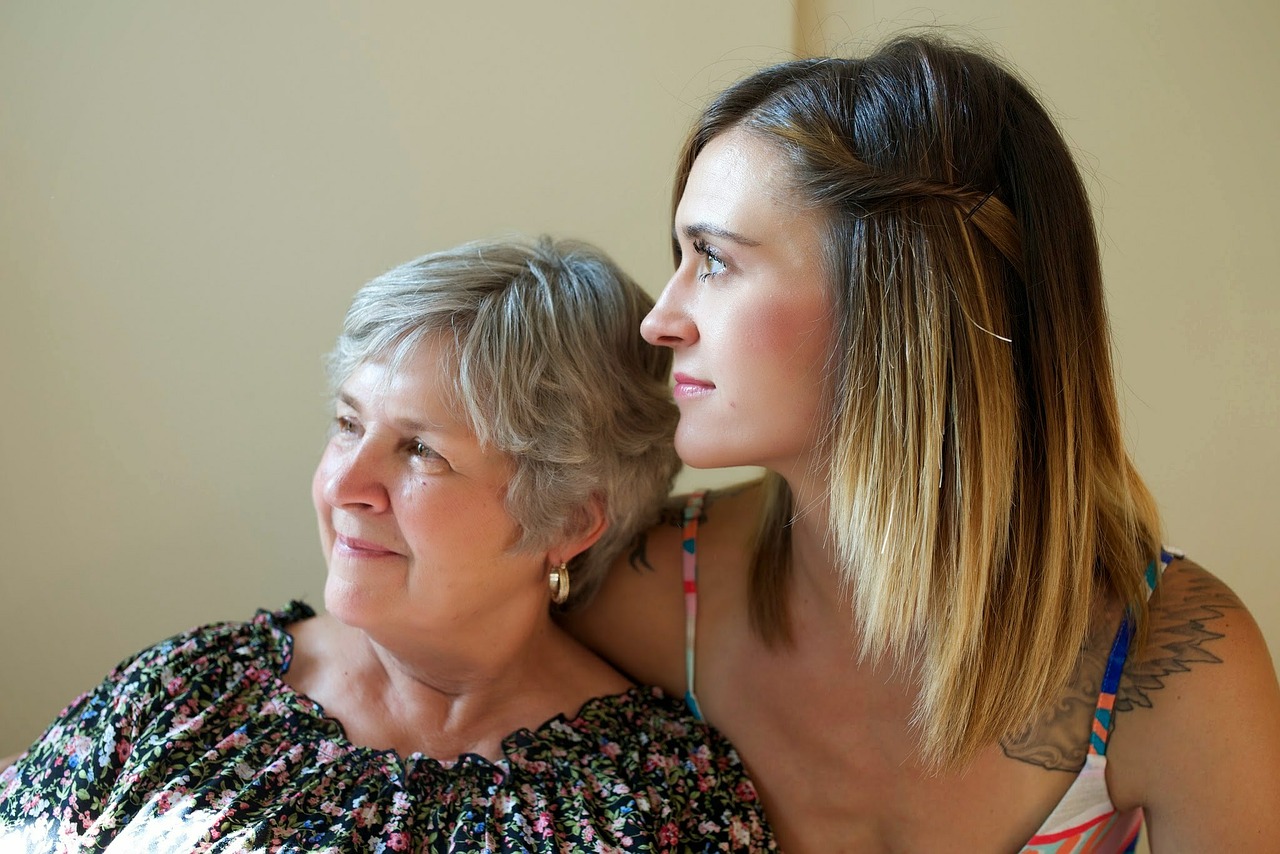Choosing the right type of care
Most people need some type of long-term care when they get older.
When the time comes, the thought of changing the way you live is daunting enough. But with so much to take into account, it can be an even more frightening and confusing experience.
So, whether you’re at this stage of your life or you want to make plans for a loved one, it’s worth thinking about the options available, so you can make the right choice.
Probably the biggest decision to make is whether you’re cared for in a residential home, or in your own house.
Many people prefer to remain in their own home, particularly if they’ve lived there for many years. The surroundings are familiar, and it helps you feel safe and secure if family and friends are nearby. Plus, it allows you to stay more independent.
If that’s the case, you can get regular visits from a carer, who can help you with daily tasks like cooking meals, shopping and personal care. You can get fall alarms installed or special adaptations fitted, to give you peace of mind for times when you’re on your own. And if you still enjoy getting out and about, your care could include day centre visits with transport provided.
But if you need more round-the-clock help, or it’s not safe for you to stay in your house, you might have to think about moving into care home.
There are many types of care home. They employ trained staff and can offer a range services, so which you choose will probably depend on how much support you need.
For instance, you may only need help with certain tasks, like getting dressed and washed.
Or you may need more specialist help, which involves nursing care or support from an experienced carer. Many homes also provide support for people with dementia.
It’s also more of a social environment. So, if you enjoy company and always having someone to talk to, it could be the best choice for you. If your spouse is still with you, often they can move in as well.
Choosing the right type of care is never easy, but Altogether Care makes the process as stress-free as possible. Our Care Match options are designed to give you the care that best suits your needs. And if those needs ever change, we make it simple to switch to another option, so your care always fits around you.
Thinking about how to pay for your care can also be stressful.
While financial help is available, most people have to pay at least something towards the cost of their care. How much of your own money you’ll have to use will depend on what you can afford.
At the moment, if you have between £14,250 and £23,250 in property and savings (and qualify for help), the council will contribute towards the cost. If you have less, most local authorities will cover all your care costs. If you have more, you won’t get any help.
(In 2020, this threshold will increase and a cap on the cost of care is being introduced, so more people will be eligible for help sooner.)
It’s also important to know that, before you can apply for financial help, the council will assess you to find out how much care you need.










